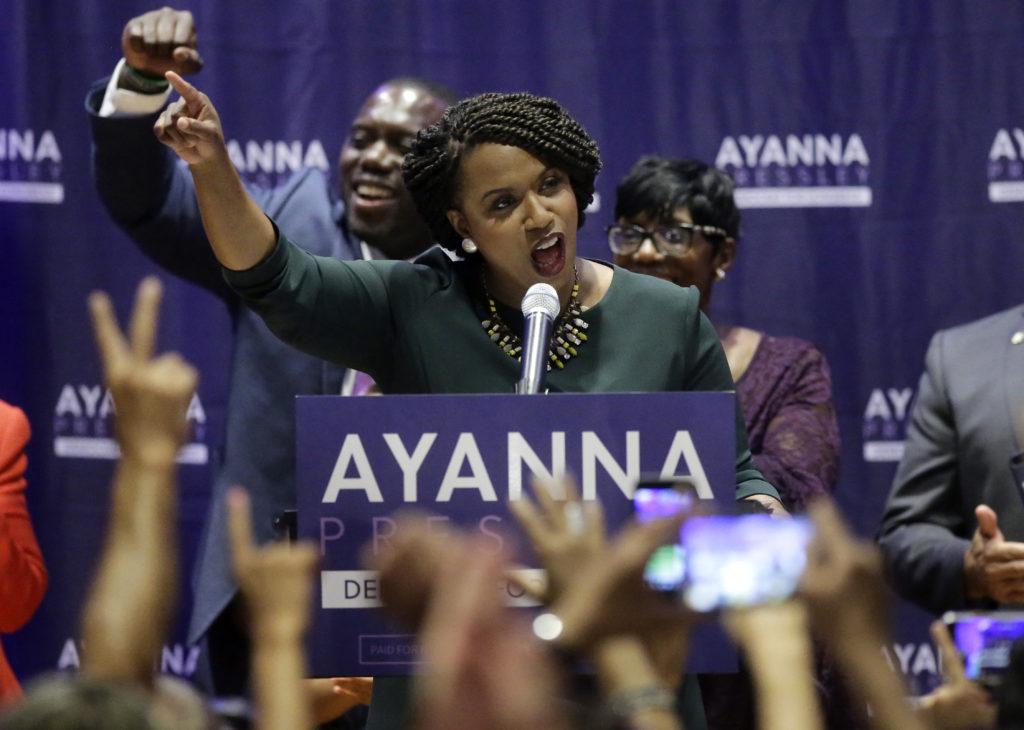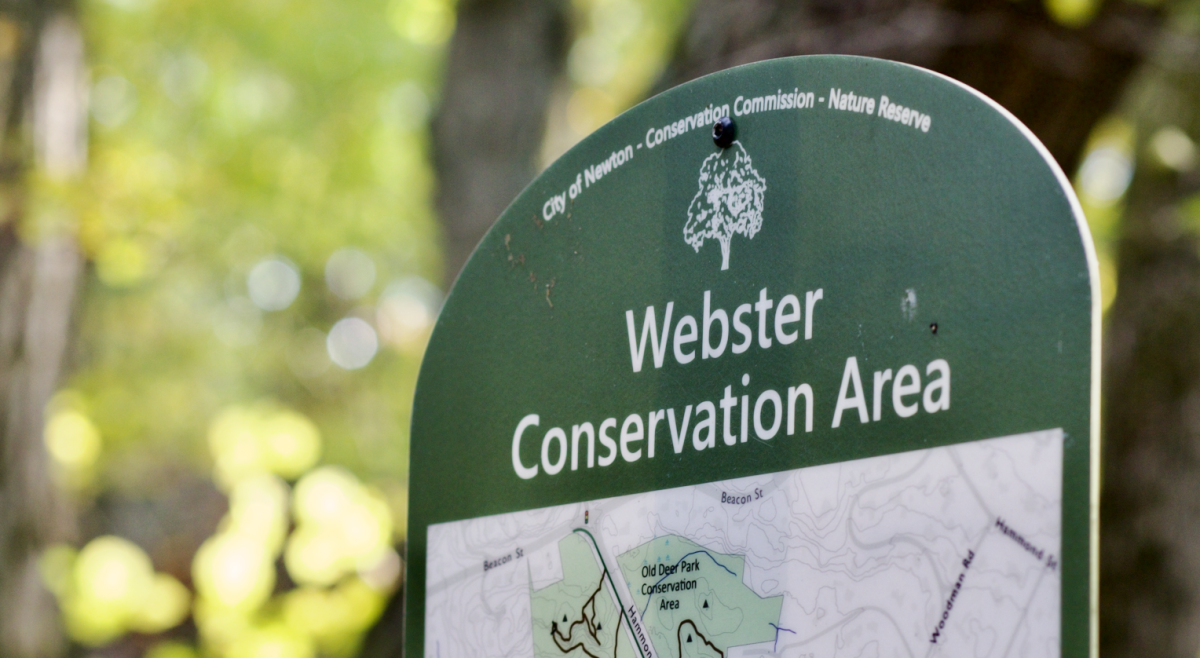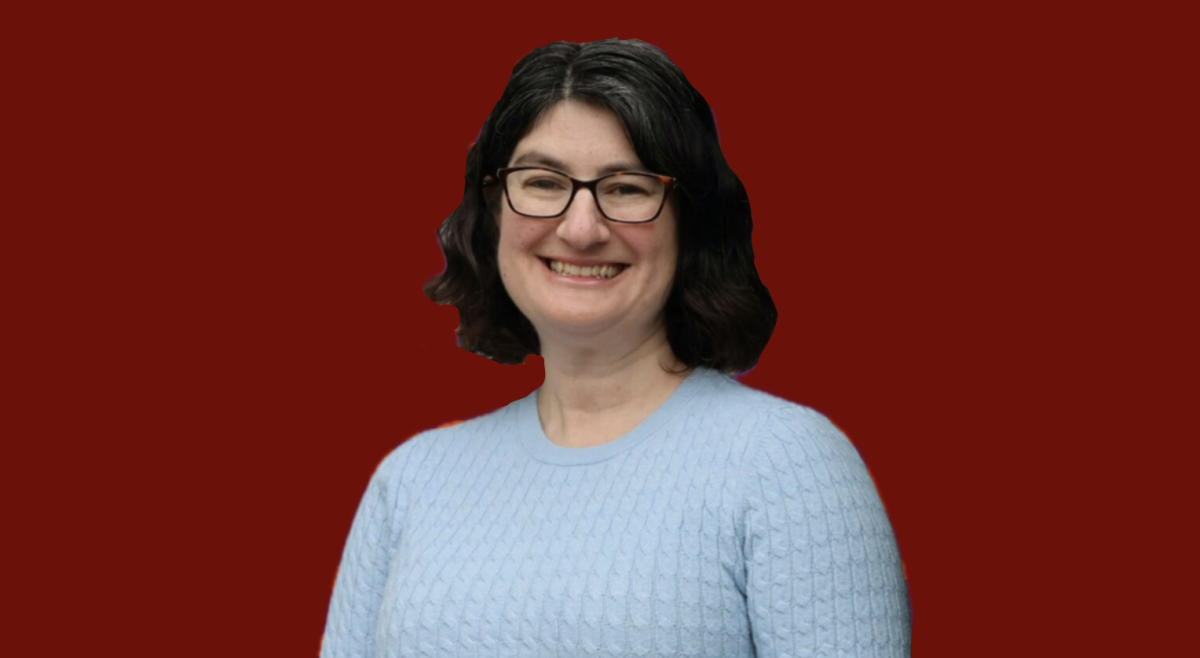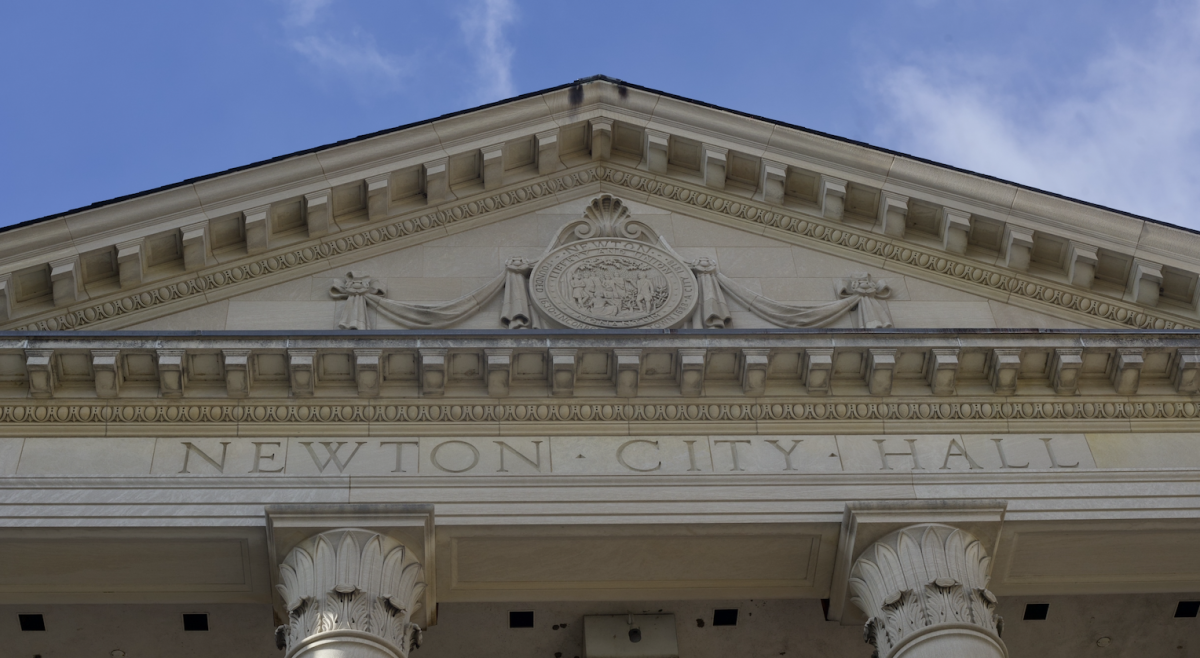At 8 p.m. on Tuesday, the polls closed for the Massachusetts primary, sealing the results of the state’s most contested elections, most notably the upset in the 7th District that left Ayanna Pressley victorious over 10-term incumbent Michael Capuano, BC Law ’77. Pressley, the first African American woman elected to the Boston City Council, will become the first person of color to represent Massachusetts in the House, according to The Boston Globe. With the Republican party’s lack of a nominee, she will face no challenge to the seat in the Nov. 6 general election.
“We did everything we could do to get this done,” Capuano said in his concession speech, according to WBZ’s Carl Stevens. “I’m sorry it didn’t work out … but this is life. … Ayanna Pressley is going to be a good Congresswoman.”
Some of Massachusetts’s most prominent politicians once served in the 11th District—which has been redrawn to become the 7th District—including John F. Kennedy and Thomas P. “Tip” O’Neill Jr., according to Matt Viser. Pressley’s victory was surprising in light of Capuano’s backing by key members of the Democratic Party, including Boston mayor Marty Walsh, BC ’09, and the fact that Capuano raised nearly double the funds Pressley did, according to The Boston Globe.
“I knew I would be demonized as entitled and what no woman can ever be—ambitious. But change can’t wait,” Pressley said to her supporters at the electrical workers’ union hall in Dorchester after her victory was announced, according to The Boston Globe.
Walsh did note the morning after the primaries during a scrum with reporters that despite the fact that three—and depending on the outcome of the 3rd district primary, perhaps four—of the candidates he endorsed did not win their primaries contested, he was still thrilled for Pressley and was excited to “come together” with the politicians he didn’t endorse in the primaries.
Alexandria Ocasio-Cortez, who unexpectedly won a New York congressional primary in June, congratulated Pressley on Twitter, aligning herself as an ally on the issues of Medicare for all, tuition-free college, and living wages.
In District 4, of which Boston College is a part, incumbent Rep. Joe P. Kennedy III easily secured the Democratic bid against Gary Rucinski with 93.4% of the votes. Kennedy has held the seat since 2013, and currently faces no GOP challenger in the November election.
Massachusetts Governor Charlie Baker triumphed in his primary: The most popular governor in the country defeated opponent Scott Lively by about 50,000 votes. In the November elections, he will go up against Democrat Jay Gonzalez, who defeated his primary opponent Bob Massie by a similarly large margin.
Incumbent Secretary of State William Galvin defeated Boston City Councilor Josh Zakim in what was his most competitive primary since being elected to the seat in 1994. He will face Republican newcomer Anthony Amore in November, which Galvin has said is likely to be his last election, according to the Globe.
In the race for U.S. Senate, Republican nominee Geoff Diehl defeated John Kingston and Beth Lindstrom to face incumbent Senator Elizabeth Warren. Moments after Diehl’s triumph, Warren’s campaign issued a press release where the incumbent senator accepted three debates against Diehl. The GOP candidate has aligned himself with President Donald Trump during the election process, having previously co-chaired his 2016 election efforts in Massachusetts.
“The Republican primary debate process was a sham and, as a result, Massachusetts voters were robbed of real discussion and discourse on issues that affect their lives,” Warren’s campaign manager Roger Lau said in the release. “We’ve accepted three general election debates because Massachusetts voters deserve serious policy conversations as the balance of the Senate is on the line.”
Holly Robichaud, a Diehl advisor, said the “nominee would participate in all three debates as well,” according to The Boston Globe.
Matters are more complicated in the race to represent the 3rd District. Lori Trahan won the Democratic bid for representative in Congress in the 3rd District by 43 votes over competitor Dan Koh, according to the Associated Press’s tally the morning after the election. Secretary of State Bill Galvin’s office told the Globe that provisional votes are still being counted. Galvin ordered election officials to seal all counted ballots as a precautionary measure in case of a recount. Trahan declared victory, but Koh is yet to concede, and his campaign said in a statement that no concession is coming, according to a statement given to the Globe. His office is also “reviewing the process for a recount,” according to that statement.
The eventual winner will face uncontested GOP candidate Rick Green. The 3rd District’s primary drew particular attention after current Representative Niki Tsongas unexpectedly announced her retirement in early August from the position she held for a decade, according to the Globe. The 71-year-old representative hopes her departure from public life will grant her more time to spend with her family. Koh was considered the favorite to replace her, given his association with Walsh and his larger financial war chest.
Not every House of Representatives incumbent fell in their primaries in the Bay State. The 1st District’s incumbent Representative Richard Neal defeated primary opponent Tahirah Amatul-Wadud. In the 8th District, Representative Stephen Lynch defeated his two primary opponents, Brianna Wu and Christopher Voehl.
In the race for attorney general, Republican Jay McMahon defeated opponent Daniel Shores. He will challenge incumbent Maura Healey, who ran unopposed in the Democratic primary.
Featured Image Courtesy of Associated Press



















